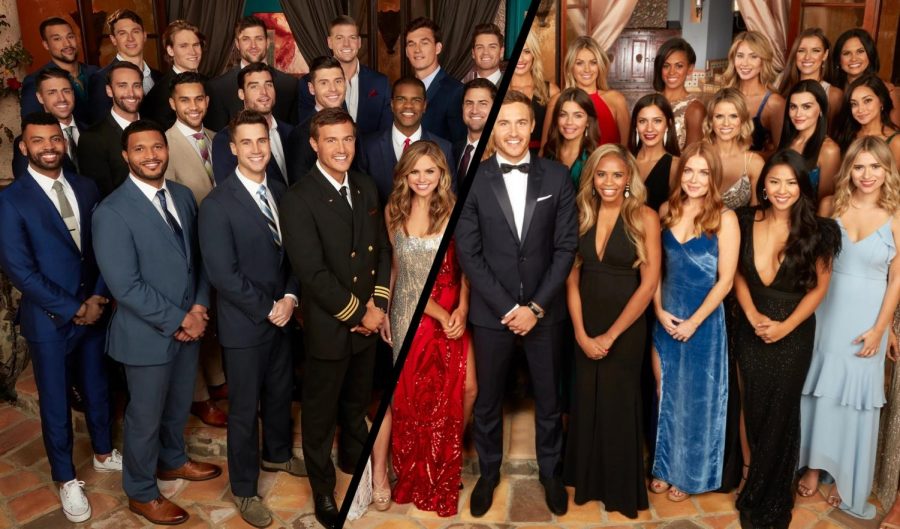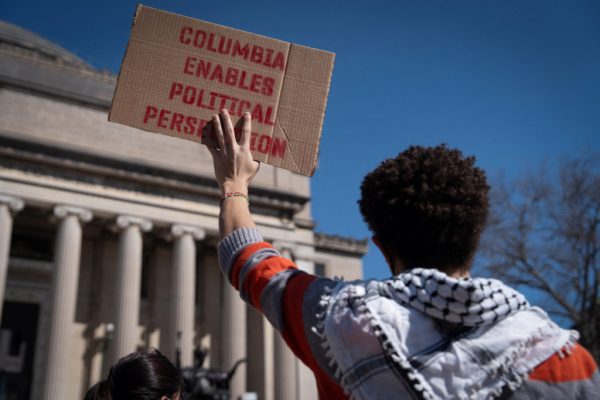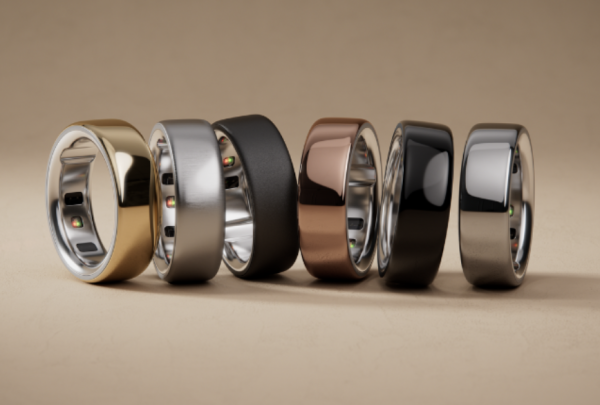The Distorted Reality Behind “Reality” Shows
One man, 25 women. They go on dates and fight for love. Most get eliminated. One gets engaged. In what world does this reality exist? Bachelor Nation. The Bachelor’s premise is precisely this. Each week, the chosen bachelor gives out roses to the remaining women and the ones who don’t receive roses get sent home. The Bachelorette, a spin-off of The Bachelor, has a similar concept, except the gender roles are reversed. Although this is the usual plot of the series, almost every season has conflicts and lots of drama. This may seem like just a harmless drama that gives us cheap and easy entertainment, but in reality, it may actually be changing our perception of what dating is like and how real relationships work.
The first way that the bachelor distorts our perception of reality is by using a type of editing called “frankenbites”. This is a big topic in Bachelor Nation: Inside the World of America’s Favorite Guilty Pleasure, a book written by Amy Kaufman about all of the shows in The Bachelor franchise. Frankenbites are clips that are cut, moved around, or completely taken out of context in conversations in order to hook viewers, change their perceptions of the people on the show, or make the show more entertaining. This is a negative thing producers do in order to manipulate viewers.
Kaufman’s book also brings up the idea of how producers track the women’s menstrual cycles. They do this to ensure that the women are at their most vulnerable and emotional states so they can get more entertaining clips. This can cause the viewers to see the contestants as more obnoxious, mean, or emotional than they really are in real life.
Another aspect of the show that alters viewers’ perceptions is romantic relationships. By this, I mean the falling in love and the kissing aspects of the show. Bachelor in Paradise, a spin-off of the original shows, brings past contestants to a beach in Mexico where there is a more even amount of men and women. The contestants pair up and make relationships very quickly. Every week, more men or women get brought on to cause conflicts. The women and men switch off giving out roses, usually two to four people going home. The reason for bringing up this show is to examine just how quickly the contestants move in relationships and how unrealistic it is. To begin, a lot of times, within the first day of meeting each other, coupled-up pairs are already kissing and claiming how strong their relationship is. In the current season of Bachelor in Paradise, it has only been three or four weeks, and couples are already saying they are falling in love with each other. Both of these examples are unrealistic for real life and prove how reality dating shows don’t give an accurate representation of romantic relationships. This could cause viewers of these dating shows to think finding love is easier than in reality.
The Bachelor franchise can alter viewers’ perceptions of reality and make them think differently about the people on the show and how real relationships work. But in the end, dating shows are made for a reason: entertainment. And that they do. Also, in reality, if producers didn’t manipulate dating shows, there would be less plot and they wouldn’t be as intriguing to watch. So, obviously, these shows will continue to be popular and thrive in our society.

Hey guys! My name’s Lucy Cohen, and I am so excited to have the honor of being the Editor-in-chief of The Spectator. This is my 4th and, sadly, final...








Gail Cohen • Nov 21, 2022 at 4:40 pm
Great article Lucy. You hit it right on the nail. Keep up the good writing